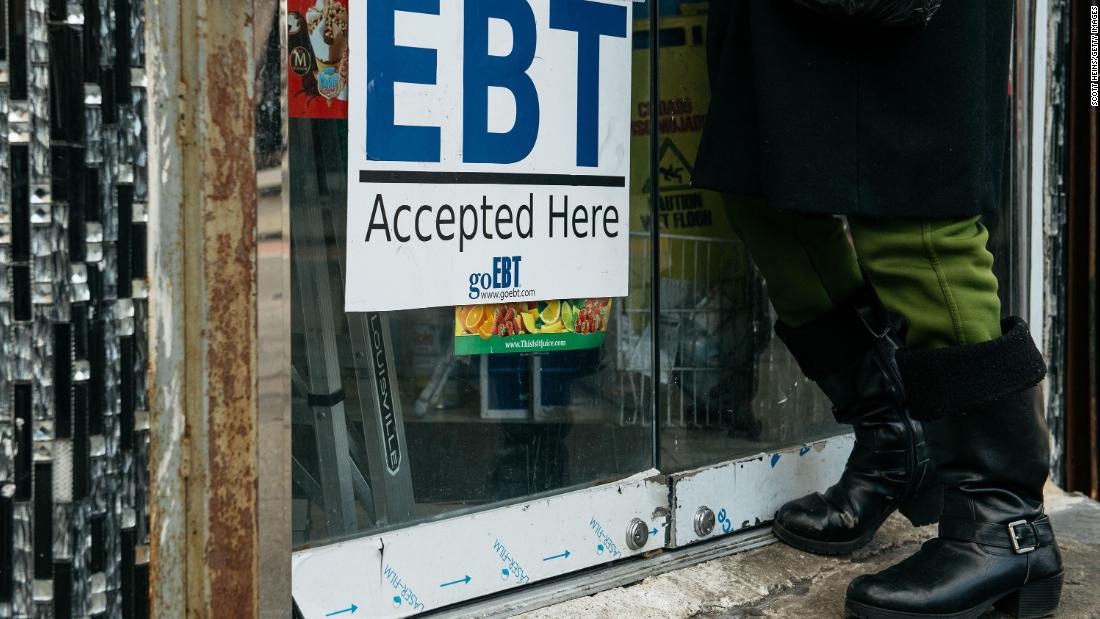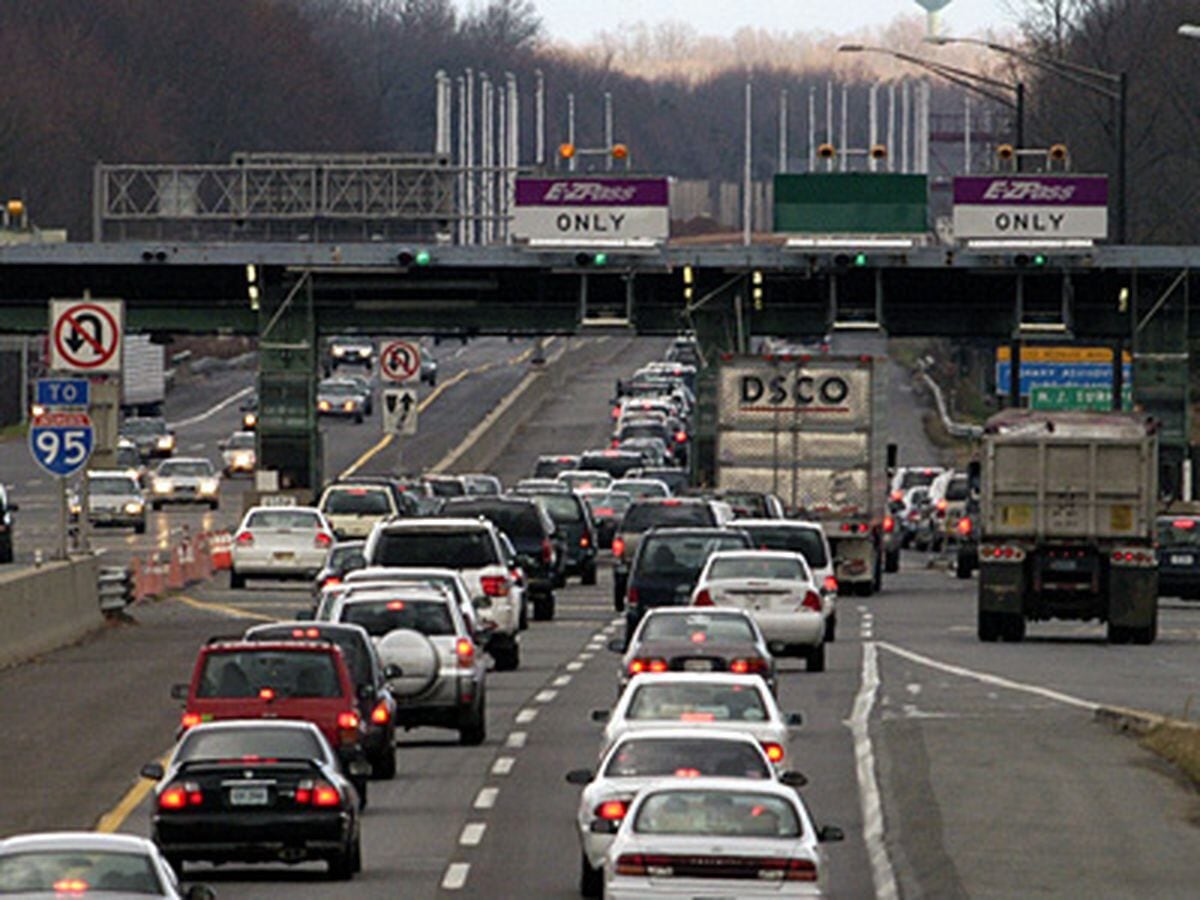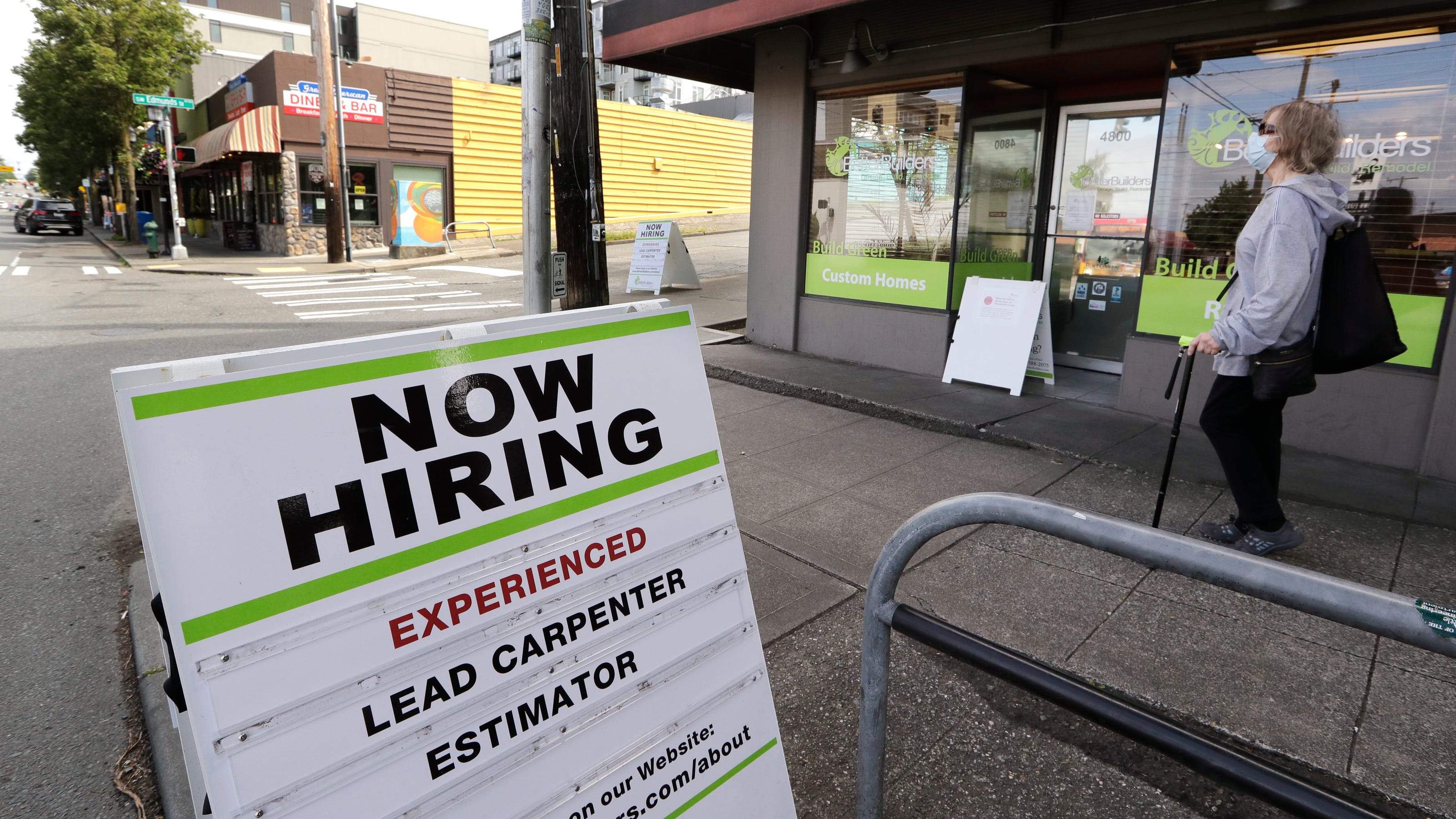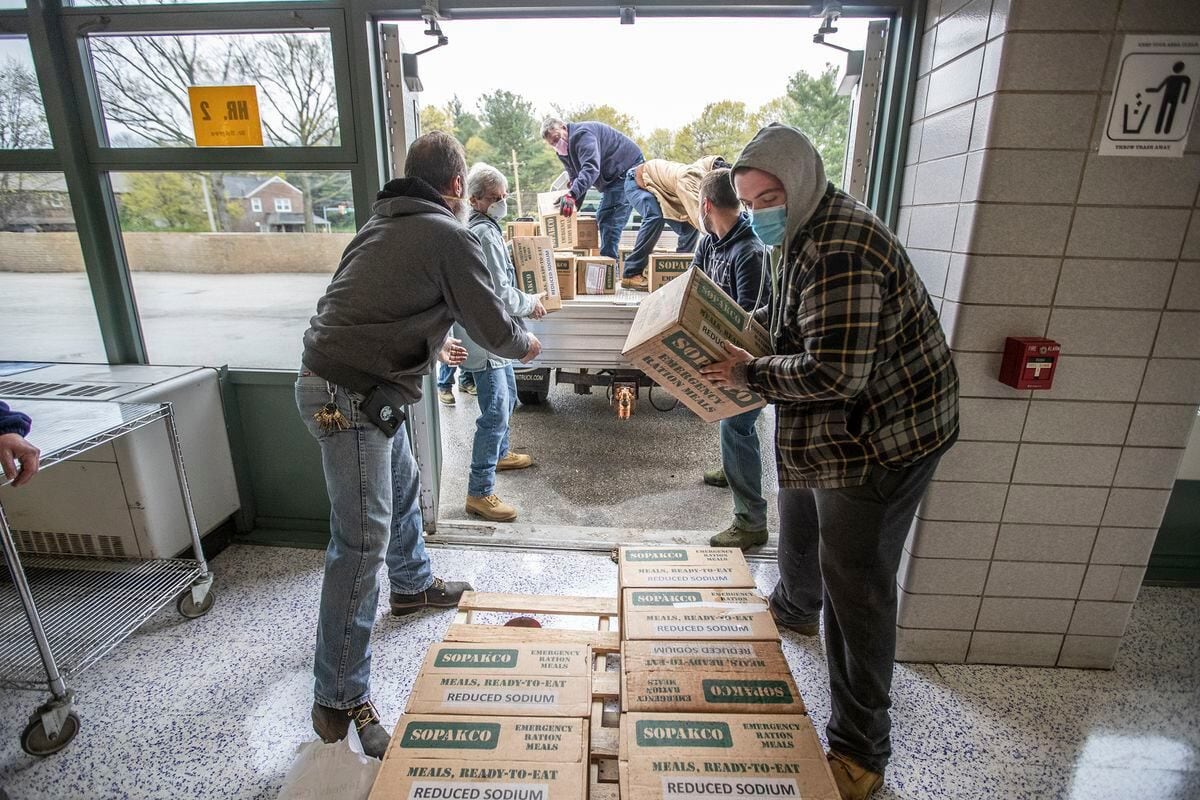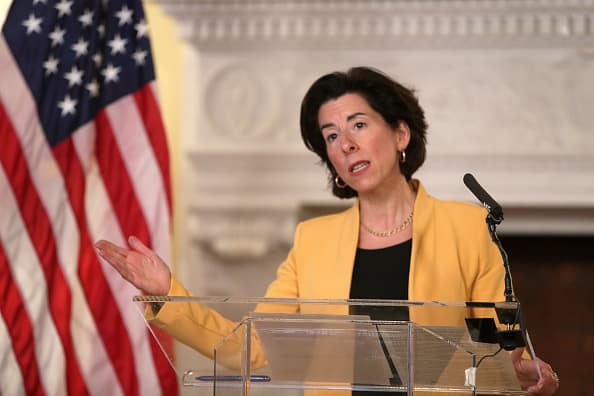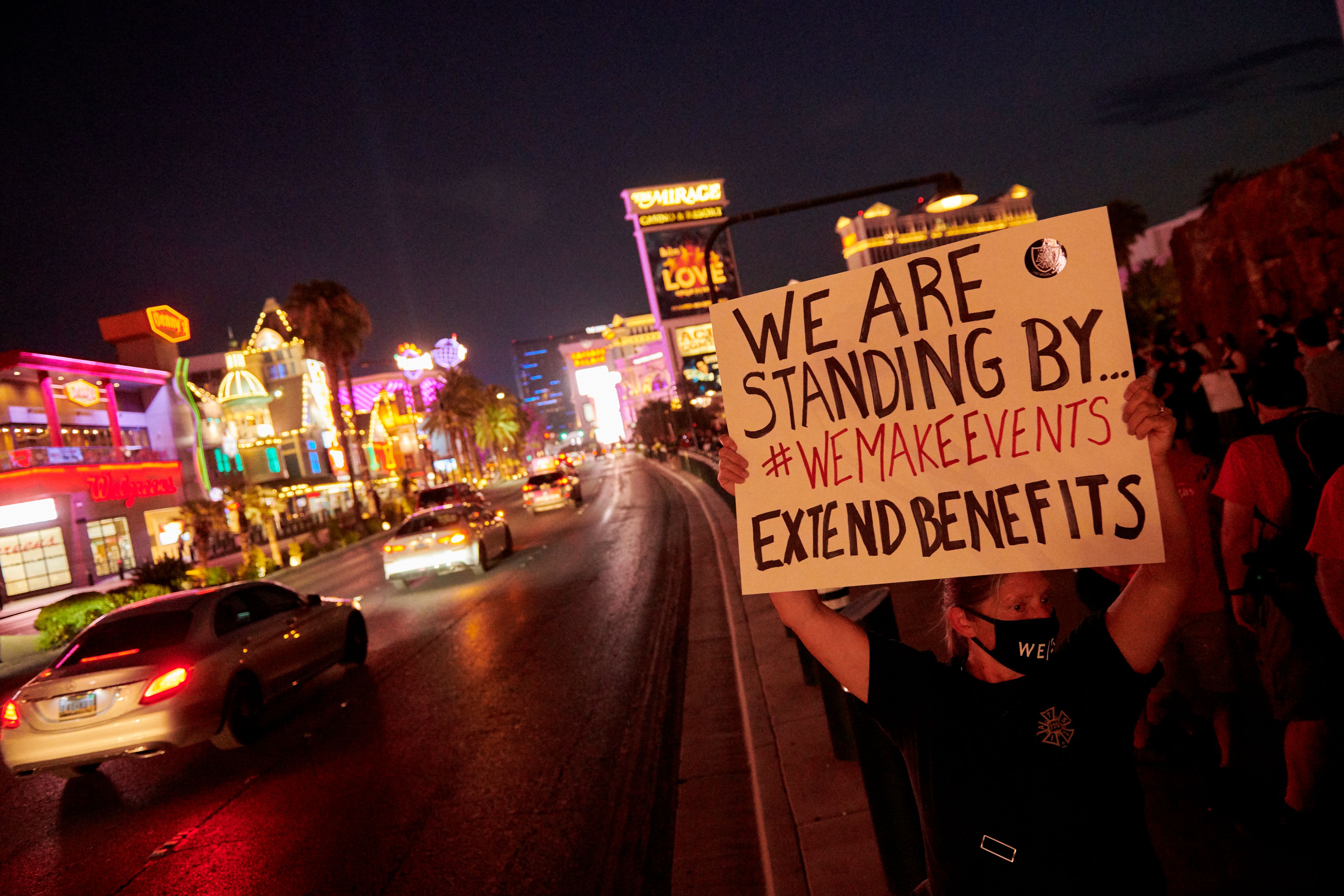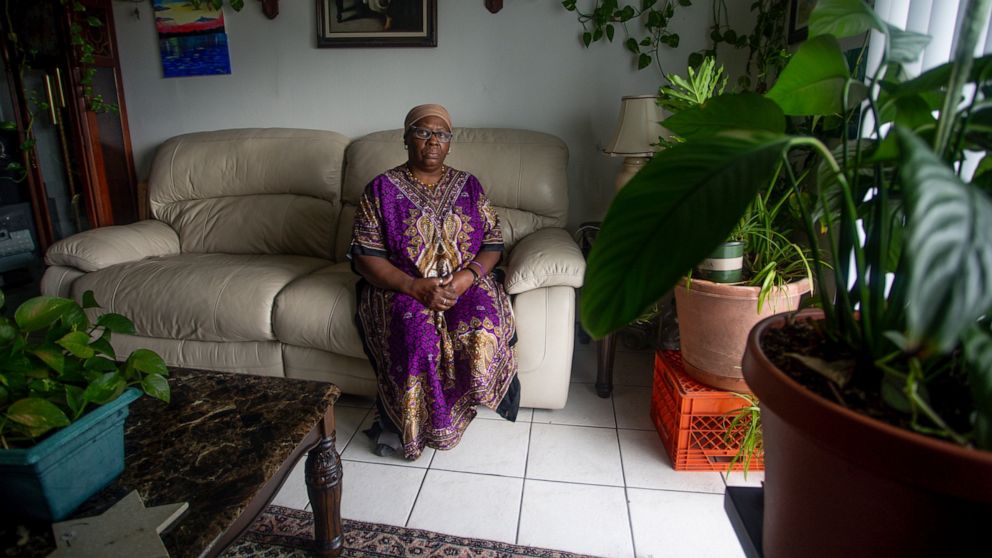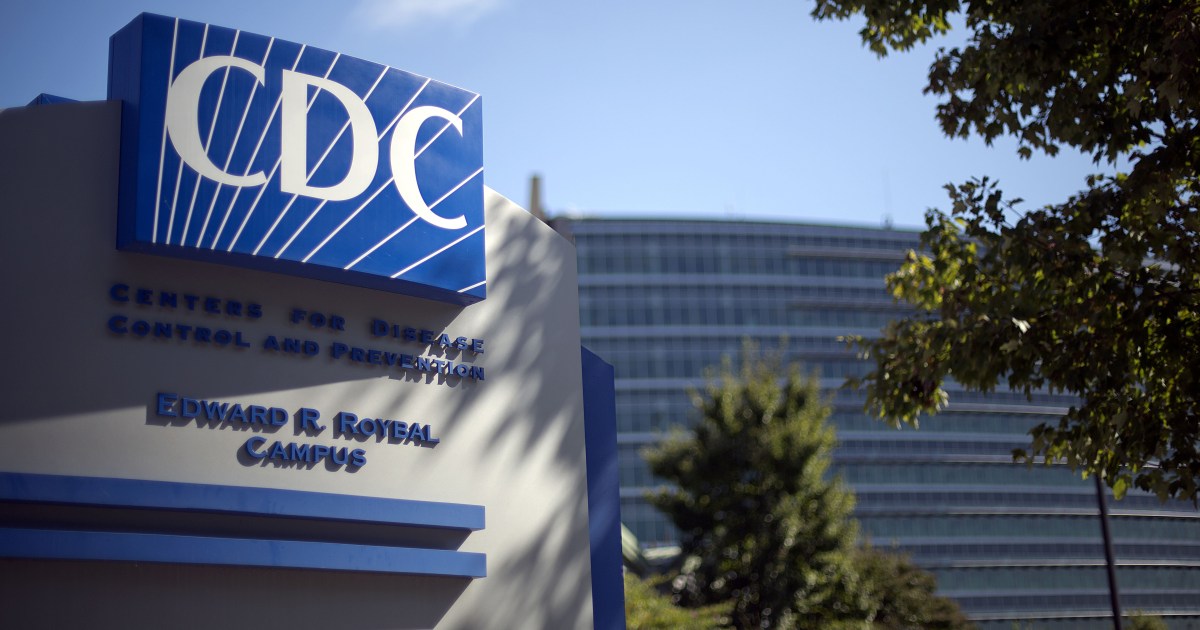Half a year into the coronavirus-fueled recession, states are still struggling to pay unemployment benefits, leaving thousands waiting months for aid to arrive.
Of 274 cities measured by the Urban Institute for how well they include low-income and minority residents in the city’s economic prosperity, Houston ranked next to last.
Health officials are optimistic about Sacramento’s trends. But tough times may lie ahead.
If implemented nationwide, guaranteed income would represent a significant expansion of the American safety net and one that is not conditional on working or looking for work.
Hunger is one of the most urgent — yet hidden — crises facing the nation. In this special episode of All Things Considered, a look at how food insecurity has been exacerbated by the coronavirus.
Before the pandemic, the number of families lacking consistent access to enough food had been steadily falling. Today, new estimates point to some of the worst rates of food insecurity in years.
Food stamp recipients will soon get more money to buy groceries due to the recent steep jump in food prices — an automatic change that will help needy Americans as Congress continues to stall over additional relief.
Fears are rising of a “Lost Generation” of college students as low-income students, especially Black students, are dropping out of college or not enrolling. Many low-income students say they don’t have good enough Wifi at home to take online courses.
“The kind of what we might have historically thought of as a reason for license suspension makes up a very, very small fraction of all license suspensions.”
Over the next decade, the number of elderly homeless Americans is projected to triple — and that was before Covid-19 hit. In Phoenix, the crisis has already arrived.
Pandemic programs have lowered the barriers to collecting benefits, and the usual security methods haven’t kept up.
The economy added 661,000 jobs in September as some states continued to let businesses reopen, others stayed cautious amid COVID-19 spikes.







